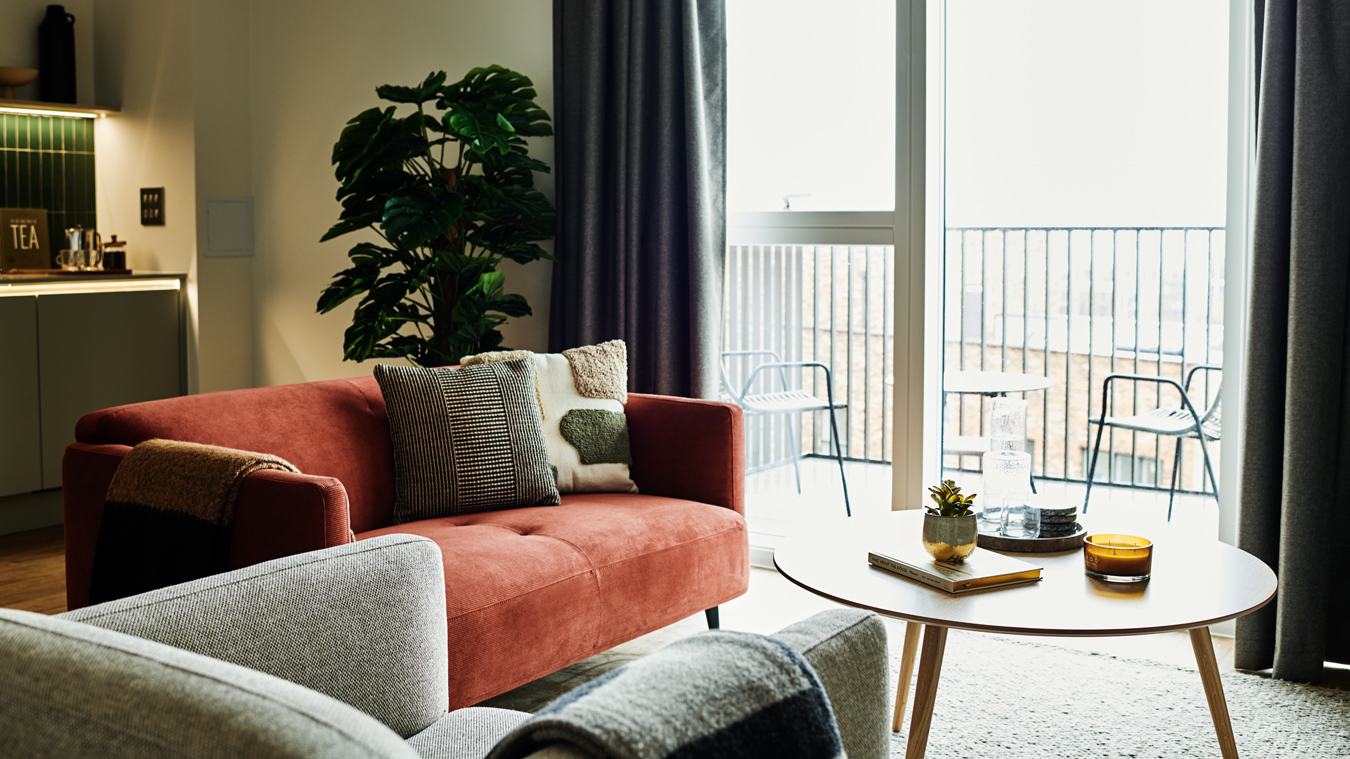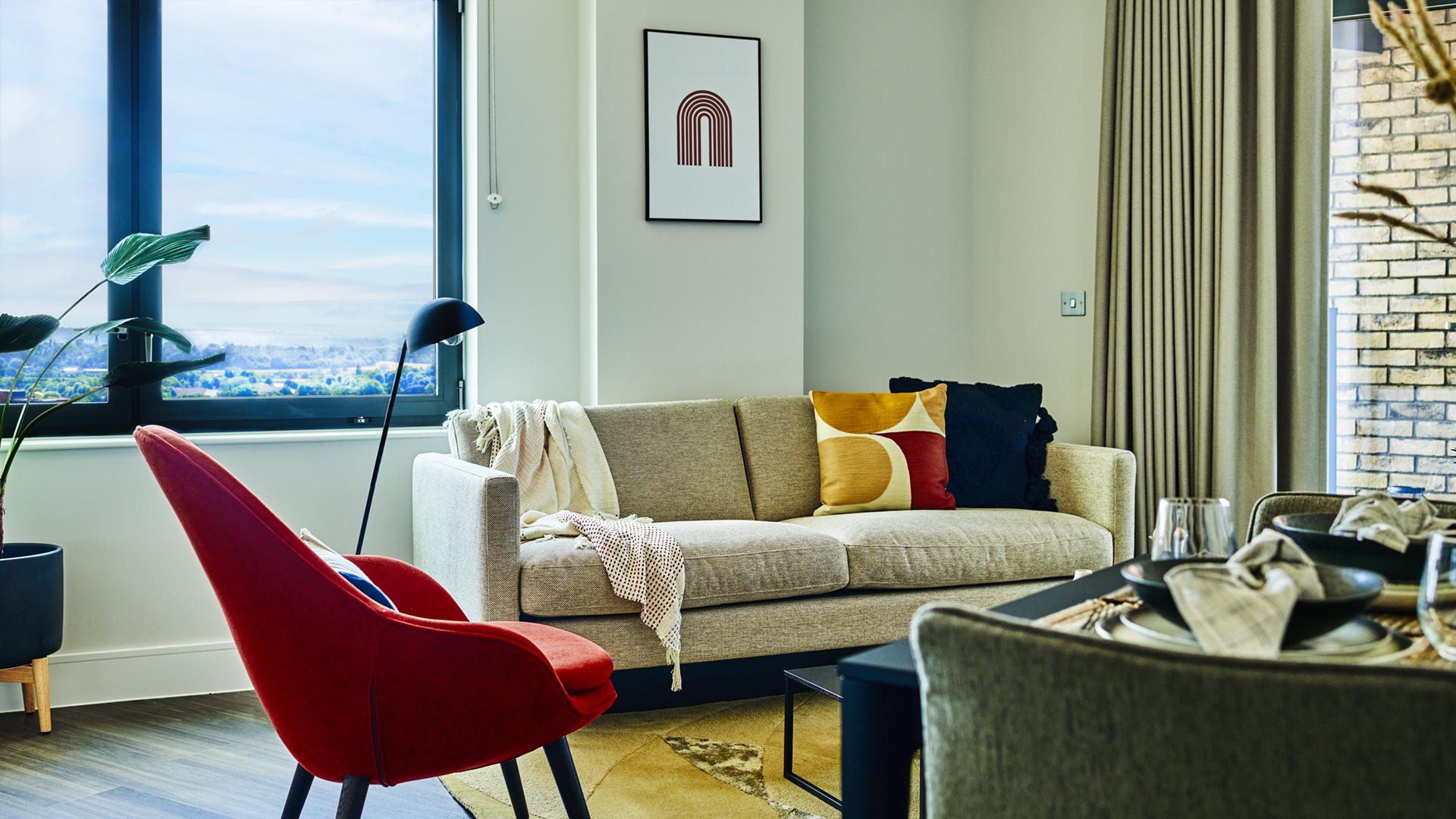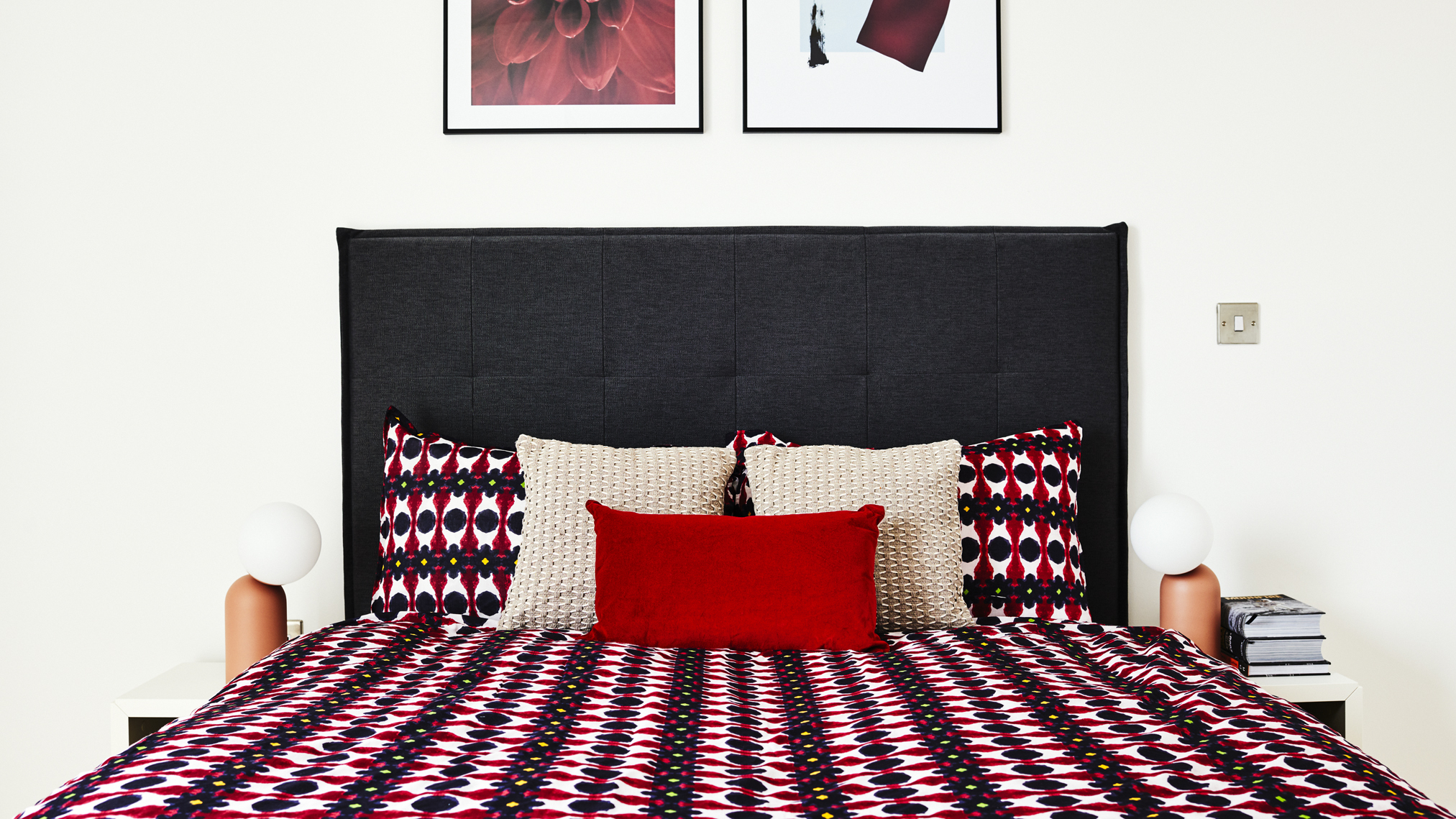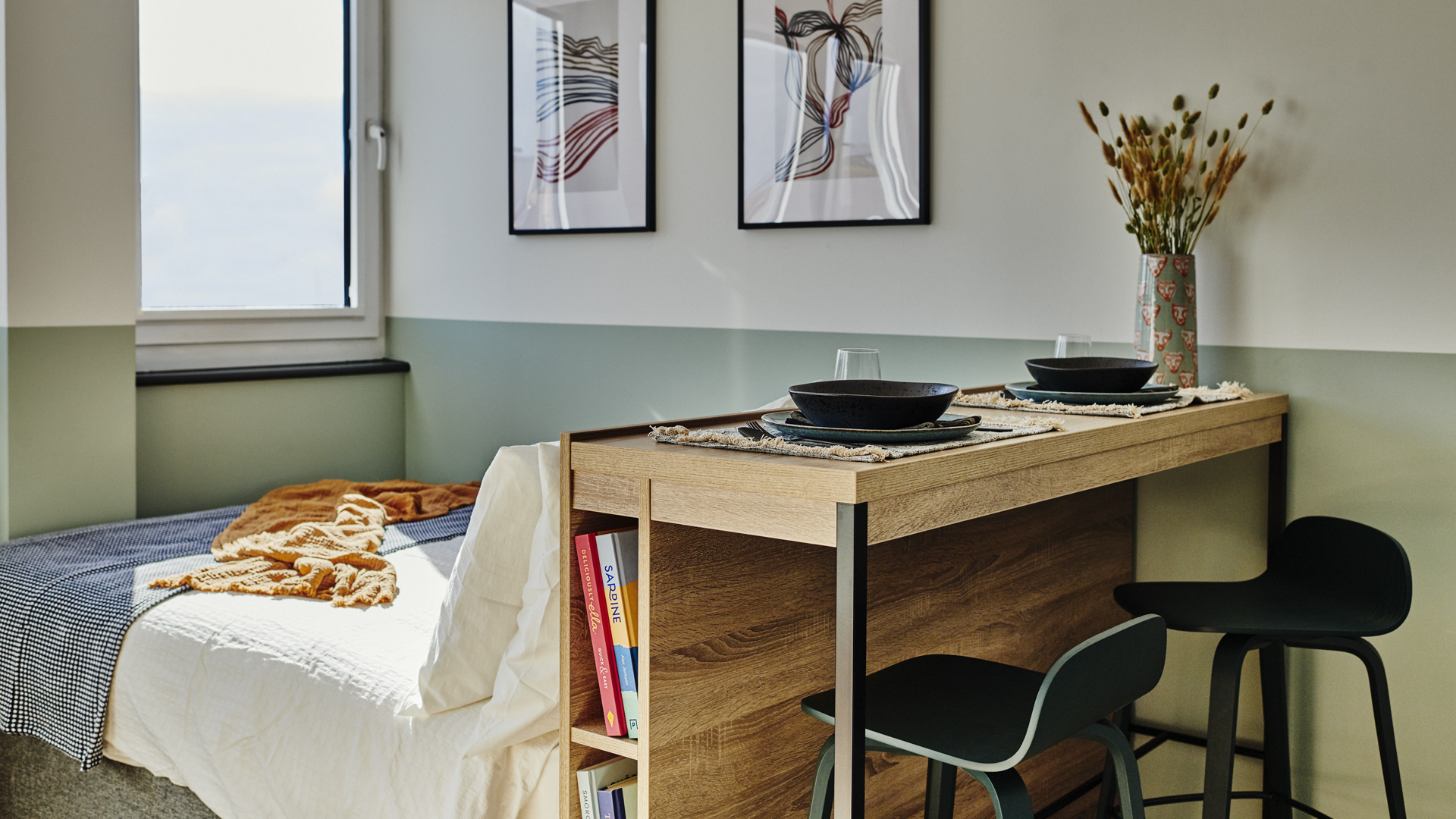
How to Manage Your Budget as a Renter
We’ve put together a guide to how to manage your budget as a renter, including some helpful tips, tricks, and apartment hacks to save money on your expenses.
How much rent can I afford?
Understandably, rent is going to be your initial concern when creating your budget. It’s the highest expense you’ll have, and the one that determines whether or not there’s a roof over your head. Rent is on the rise all over the country, even in rural areas, let alone major cities like London or Manchester.
If you’re privately renting on a median household income, the Office for National Statistics’ suggestion is that your annual rent should be 26% of your annual income, but is still considered ‘affordable’ if it’s as high as 30%.
This is one place to start when calculating how much you can afford to rent. For example, if you earn £36,000, the average salary for a man in the UK aged 30-39, to be within the ‘affordable’ bracket you would be looking to pay no more than £900 a month on rent.
This number might strike you as unrealistically low, however the truth is that a high number of renters are currently paying much more than what is officially affordable, by cutting costs in other areas.
There is also the matter of a deposit. A tenancy deposit is usually the equivalent of four to five weeks’ worth of rent. As a one-off payment, this should be saved for and secured separately from your monthly budget.
So when asking yourself how much rent can I afford, you have to decide what ‘affordable’ means to you. The first step is building a well-rounded picture of your financial situation. Whether you do this by putting pen to paper or using a budgeting app, you need to know exactly what is coming in and out of your bank account each month. With this information to hand, you can begin creating your personalised budget.
"You need to know exactly what is coming in and out of your bank account each month."
Creating a monthly budget: tips and tricks for staying on track
Having a budget, even if it’s rough and you don’t stick to it exactly 24/7, is the best way to stay on top of your finances. The average person in the UK is estimated to be only a few missed paychecks away from homelessness at any one time - so managing your finances should be a top priority. Here are some tips to get you started:
- Step one: Look at the things you know you’ll definitely need to pay for each month. These are expenses such as rent, bills, debt repayments (including credit cards and loans), and council tax. Missing these sorts of payments can negatively impact your living circumstances, your credit score, and even result in legal trouble.
- Step two: Figure out how much money you need to dedicate to your other important monthly expenses; groceries, transport, any medical expenses, subscriptions or memberships. While you may not face legal repercussions for not being able to pay for these things, they’re still pretty essential to getting by.
- Step three: Think of how you’re going to accommodate any large annual payments - such as any kind of insurance that you’ll need to cover yourself, like pet, car, or contents insurance. Luckily when renting from a private landlord you don’t need to worry about property insurance - so that’s one less expense on your list.
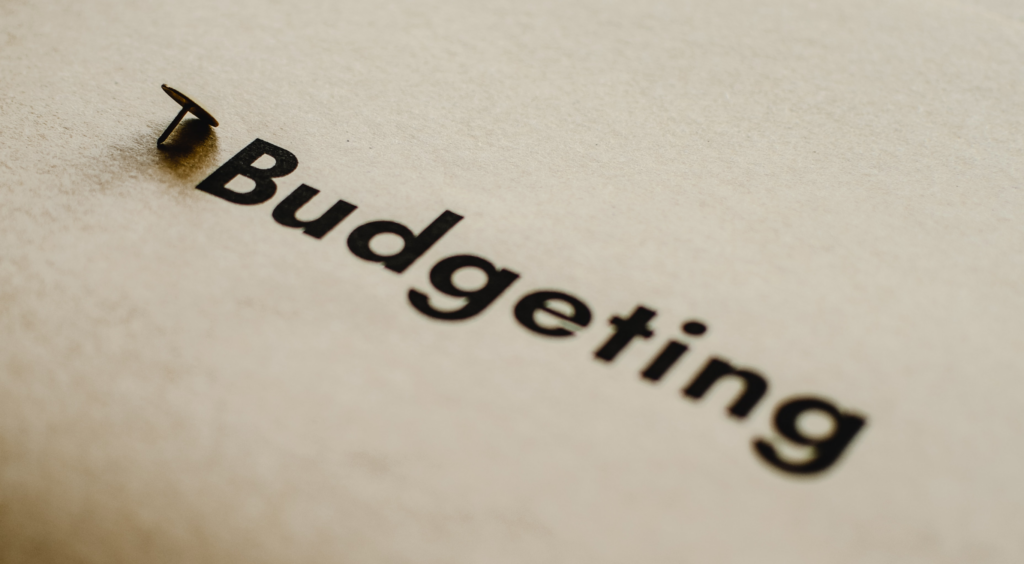
With these numbers in mind you can create a rough idea of how much money you would like to spend each month, and what your hard limits are in terms of monthly and annual expenses. If you find yourself looking at the totals and feeling a bit concerned, then it might be time to figure out how and where you can start cutting back.
Cut costs when renting
When looking for creative flat and apartment hacks to save money, one of the first places to look is your utility bills. If bills aren’t included in your rent, installing a smart meter to take accurate measurements of what you’re using can save you money each month, as these readings are sent straight to your providers. There are lots of ways in which you can get creative with cutting down your energy bills.
Here are some other ways to keep costs down while renting:
Shop competitively
Whether it’s because they stock your favourite snacks, or their proximity to your apartment, we all have a tendency to feel loyal to one supermarket or another. However, this could mean you’re missing out on the best prices for your weekly shop. Through websites such as Trolley you can compare the cost of your favourite items across multiple supermarkets.
Look at what you can lose
We’re not suggesting you cut out all sources of joy in your life in order to save a few extra quid each month. If you use streaming platforms every day and can’t imagine your life without them, you can justify your subscriptions. But on the other hand, if you’re paying for a gym membership and only find yourself in the weight room every once in a while, you’d probably benefit from cancelling it. Do an honest assessment of the services you pay for and see where you can tighten your belt.
Planning for unexpected expenses
Without sounding like an insurance ad, accidents happen. You should always try to conserve some funds to cover you in case something goes wrong. Whether it’s a break-in, a fender bender, an injury that leaves you unable to work for a little while, or a pet getting sick, you don’t want to run the risk of something unexpectedly bankrupting you.
Insurance does alleviate the worry in a lot of these situations - such as insuring your most expensive belongings, or insuring your pets. However for some things you can just as easily set aside an amount of money each month. Decide how much money you can afford to save per month and keep it somewhere separate - a separate bank account, for example. This emergency fund could be a life-saver should something untoward happen.
Long-term financial planning
Do you know what it is that you’re saving for? You might just be looking to save so that you can live more comfortably, and have a little extra cash for luxuries or emergencies. Or you may be saving for something in particular, such as a new car, or a deposit so that you can eventually buy a property, with a specific savings goal. As well as these things, you should also be mindful of long-term financial planning - though the idea of retiring may seem far away, it’s never too early to start thinking about your future.
Here are some things to keep in mind that will help with long-term financial planning.
- Regularly check in on any pensions you have - state, personal or workplace. You may want to consolidate your pensions into one pot, but this is something you should get professional advice about as it may not be the right decision for everyone.
- Pay off debts whenever possible. If you’re choosing to ‘save’ money instead of using any extra cash to pay off outstanding debts, you’re not really saving it. The financial benefits of clearing off debts are far greater than simply setting the money aside.
- Be a pessimist. While this isn’t the cheeriest of advice, it can be helpful in tempering your expectations of financial planning - not just in regards to your saving potential, but also the wider financial climate. Plan for the worst, and anything better will come as a pleasant surprise.
Seeking professional advice
Budgeting and managing your finances can be overwhelming. That’s why there are professionals who have made careers out of doing this for other people. Seeking professional advice can set you on the right path, and give you a clear understanding and perspective when it comes to your finances.
Independent financial advisers give broad, unbiased advice regarding the many different financial products that are available to you. Restricted advisers will focus on more specialised areas, or products offered by specific companies. As we mentioned previously, consolidating your pension could require the help of a restricted adviser who specialises in pensions.
If you do reach out to a financial adviser, make sure that you have an idea about what type of advice it is that you want - be it short-term, long-term, or regarding something specific such as investments or pensions.
Looking to rent?
Demand for rental properties has risen by 23% in the past year, as fewer people find themselves unable to stretch to keep up with the jump in mortgage rates. But this rise in renters has had a knock-on effect on property prices, and people are struggling to reconcile the higher costs with the realities of renting - which for many, feels like a participation trophy in the race to home ownership.
But renting doesn’t have to feel that way - renting offers its own (and many) benefits, and can come with amenities you would struggle to find elsewhere, in locations it would be difficult to buy in. At UNCLE we want renting to feel like the best choice, not the final option - in fact, we have a lot of opinions on what renting should feel like.
Whether you’re new to renting, or looking to upgrade, we have beautiful apartments both furnished and unfurnished in some excellent locations - most recently in Colindale. Get in touch with us today to find out more about renting the UNCLE way, or to arrange a viewing (in-person or virtual).

Our Guide to 7 of the Best Restaurants in Wembley

The Best Gyms in Southall: A Guide






